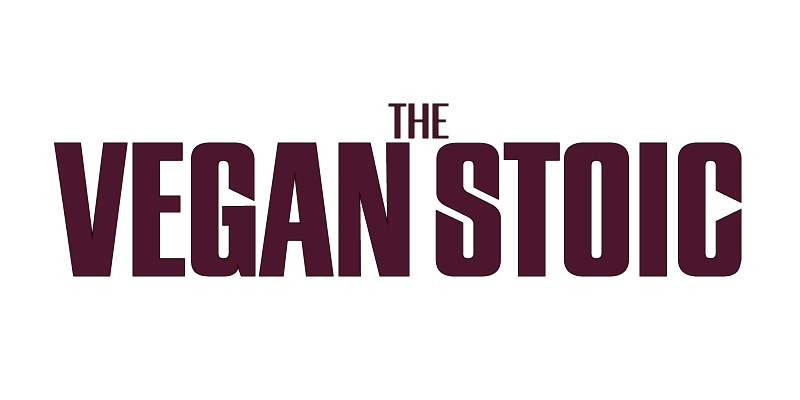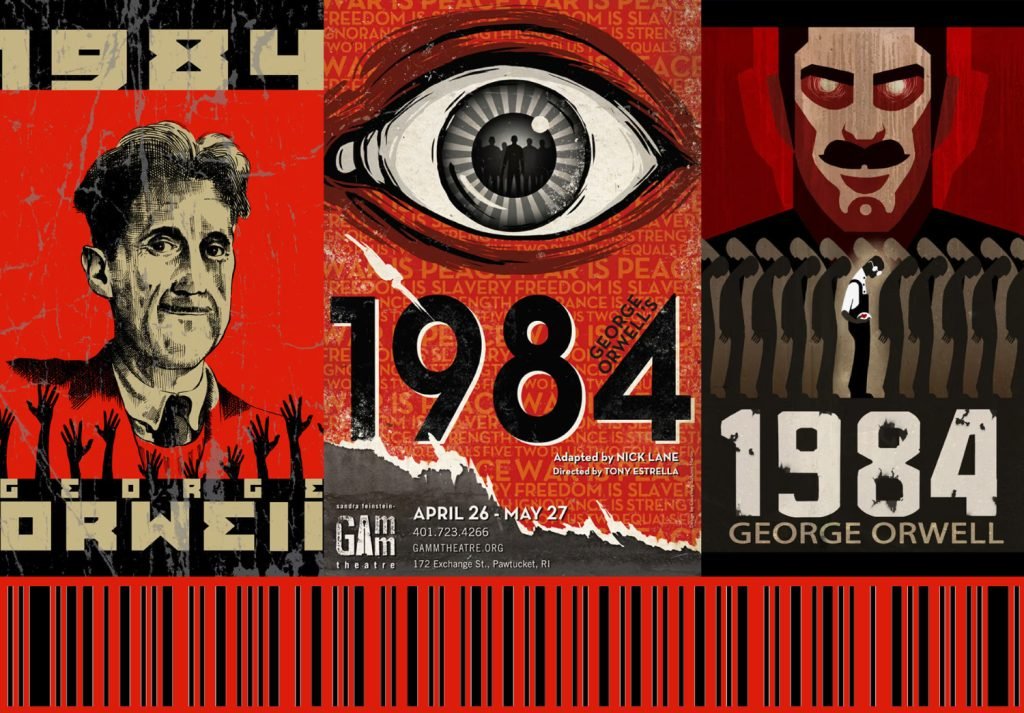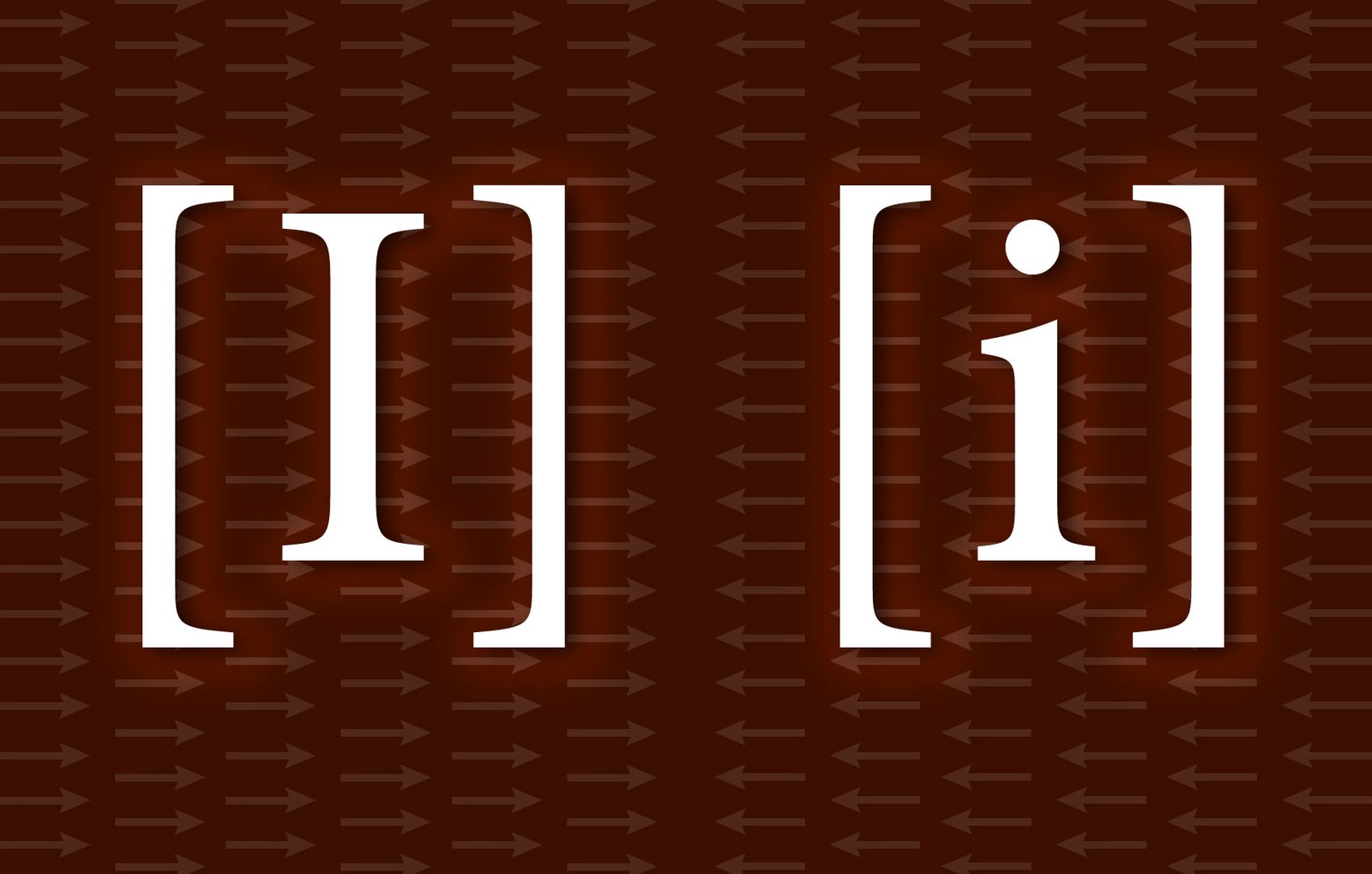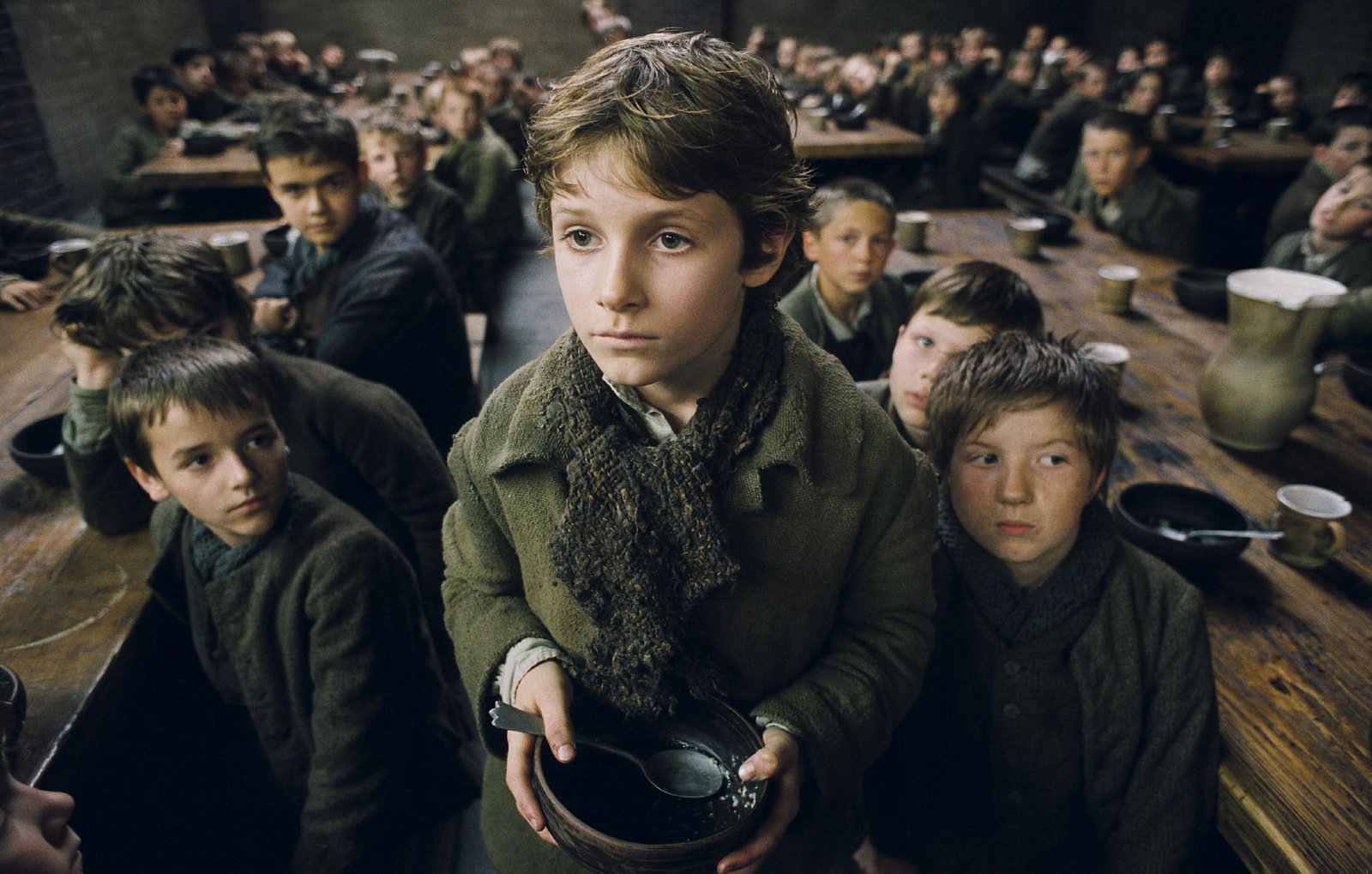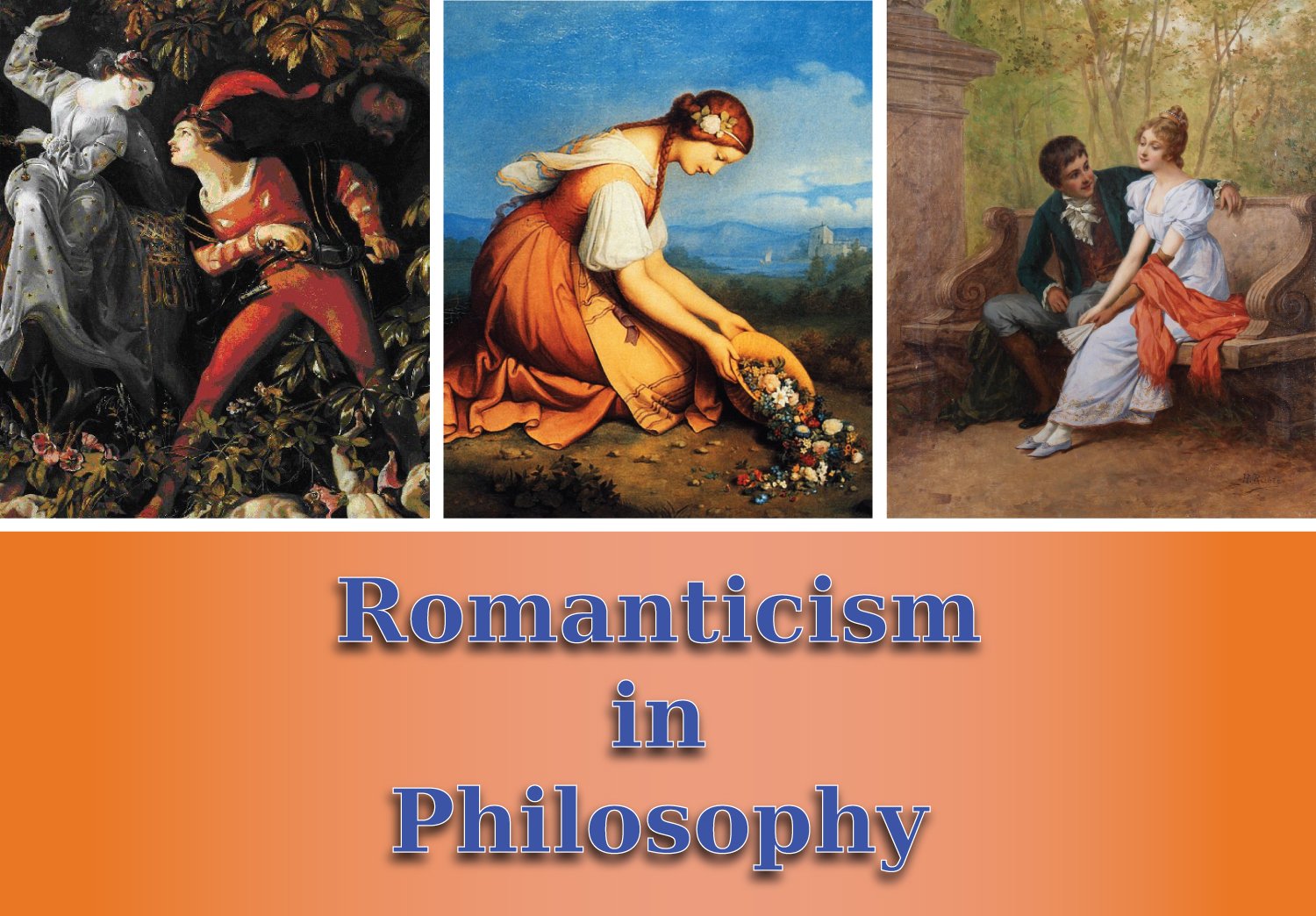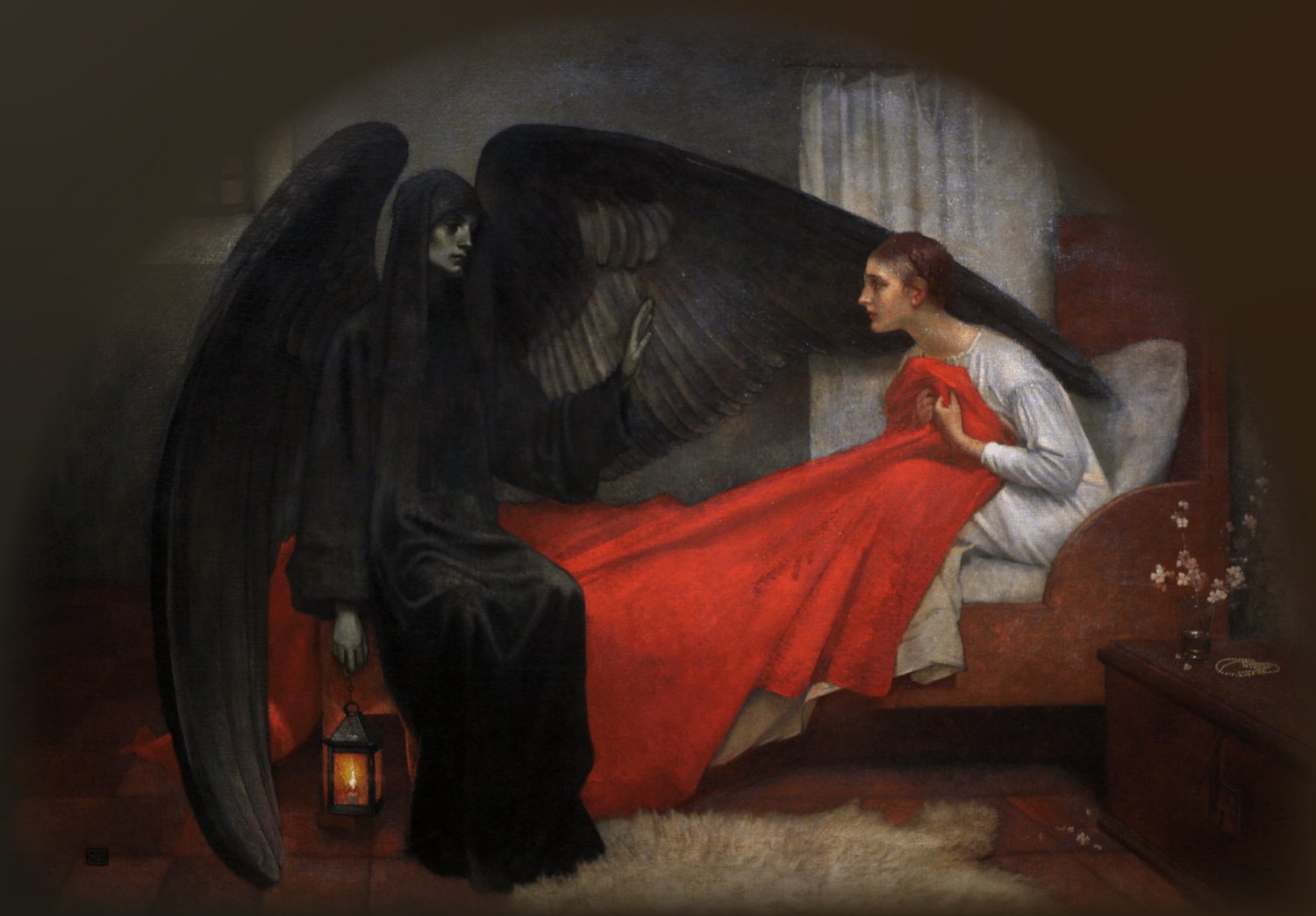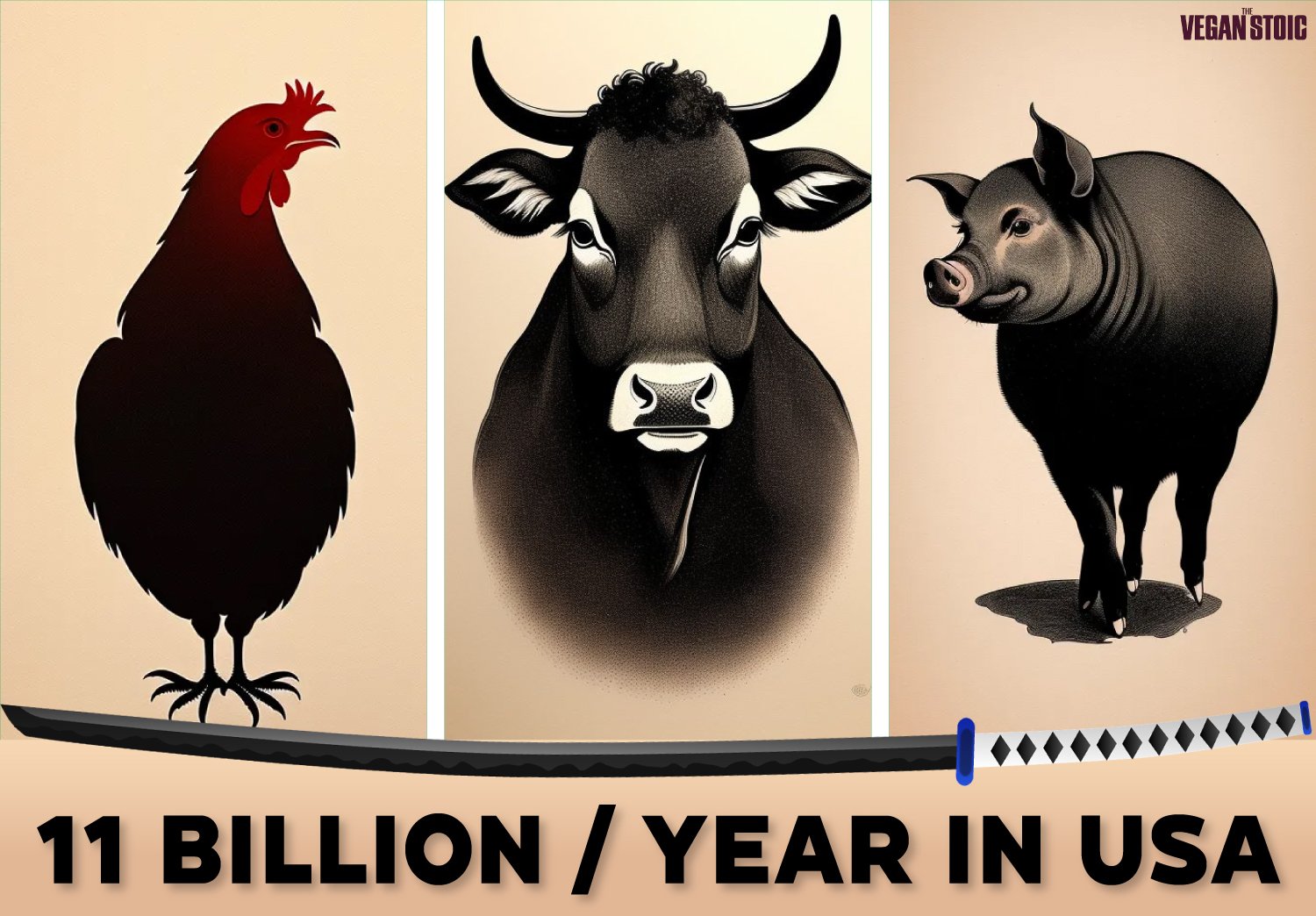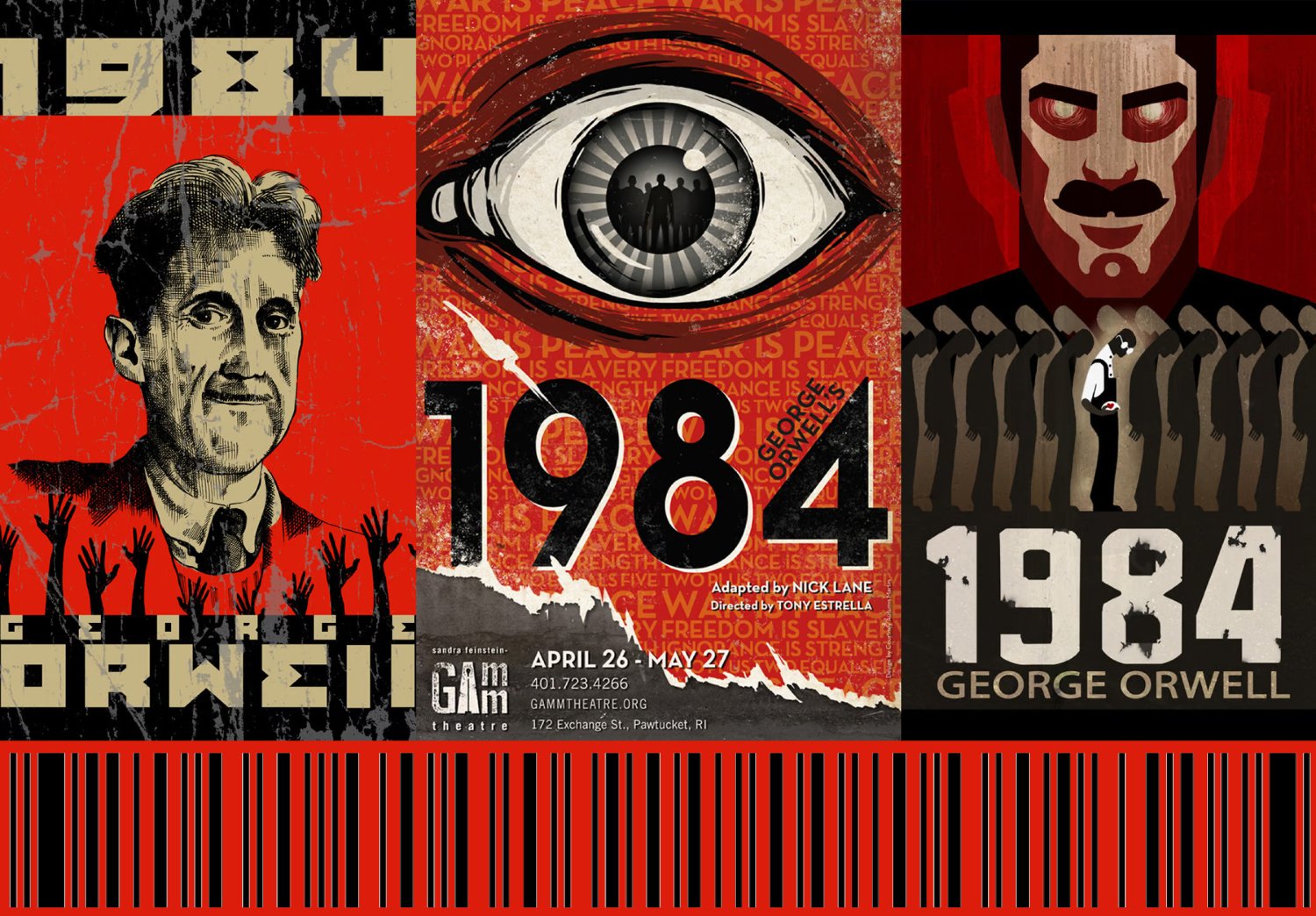“1984” by George Orwell is a chilling portrayal of a dystopian society where freedom and truth are subjugated to the whims of a totalitarian regime.
It explores themes such as totalitarianism, surveillance, propaganda, and the manipulation of truth.
1. Totalitarianism and Power: One of the central themes of “1984” is the omnipotent control exerted by the Party over every aspect of individual lives.
The Party, led by the enigmatic figure of Big Brother, maintains its power through a combination of surveillance, propaganda, fear, and manipulation.
Orwell paints a chilling picture of a society where even thoughts are policed, and dissent is swiftly eradicated.
The Party’s slogan,
“War is Peace,
Freedom is Slavery,
Ignorance is Strength,”
exemplifies its use of doublethink to maintain control over the populace.
Through the character of Winston Smith, Orwell illustrates the suffocating nature of totalitarian rule and
the inherent dangers of allowing unchecked power to concentrate in the hands of a few.
Under modern late-stage capitalism, when this is being written in 2024, wealth inequality is at its peak in the history of civilization. Less than 1% of the Population controls more than 50% wealth of total population.
It’s beyond alarming and terrifying.
2. Surveillance and Control: In “1984,” surveillance is not just a tool of the state but a pervasive presence that infiltrates every aspect of life.
Telescreens, microphones, and informants ensure that the Party is constantly monitoring its citizens, eroding any notion of privacy or individual autonomy.
(Tech Companies today spy on each and every aspects of our lives, preferences, interests and sells this data to the highest political bidder)
Winston’s job at the Ministry of Truth, where he alters historical records to align with the Party’s propaganda, highlights the extent to which truth itself is manipulated and controlled.
The ubiquitous presence of surveillance serves to instill a sense of paranoia and isolation, as individuals are aware that any deviation from Party orthodoxy could result in punishment or even disappearance. (North Korea Version 1, China Version 1.2, Russia 1.3, United States Version 1.4)
Orwell’s portrayal of a society where freedom of thought is a crime underscores the importance of safeguarding civil liberties and resisting efforts to erode privacy in the name of security.
(Oh mighty Tech Giant!, please don’t sway my political opinion by changing my feeds via advanced algorithms. That’s unconstitutional and illegal)
The relationship between Tech Billionaries and Senetors should be of wife and an affair. They should never face eye to eye, either should not know the other exists.
Speaking of altering records,
Indian Prime Minister, proudly put his portrait on all the Covid Vaccine Certificates, like a good dictator, distributed to more than 1.25 Billion people, as a Marketing Tool.
But as soon as the report came in that the vaccine has potential side effects, he (shat his undies) and quickly removed his image from the Certificates,
to distance himself from such “Negative PR”.
“Awwww” (Seems like he doesn’t believe in “Any publicity is good publicity” principle)
If this isn’t a Prime example of political leader altering recorded information, I don’t know what is.
“
He who controls the past, controls the future.
He who controls the present, controls the past“
– George Orwell
3. Manipulation of Language and Truth: In “1984,” Orwell introduces the concept of Newspeak,
a language engineered by the Party to limit thought and suppress dissent.
Newspeak is characterized by its simplicity and lack of nuance, making it impossible for individuals to express ideas that run counter to Party ideology.
The destruction of language is tantamount to the destruction of freedom, as it deprives people of the tools necessary to articulate their thoughts and challenge authority.
Through the character of Syme, who works on the development of Newspeak, Orwell demonstrates the Party’s desire to control not only actions but also the very thoughts and perceptions of its citizens.
The manipulation of language serves as a warning against the dangers of allowing those in power to dictate the terms of discourse and reshape reality to suit their own interests.
(When U.S goes to war with Iraq or Afghanistan, it’s never the word “War”, it’s always something sounding less lethal like “Conflict”, “Invasion”, “Dispute”.
But when Russia does it with Ukraine, it’s straight up War.
It’s not a Genocide, it’s Ethical Cleansing (Israel-Palestine),
Ask yourself this question, whenever you hear a word Socialism and Communism, why is that you get frigthened about some crazy dystopian where the only thing that makes noise is the hunger in your stomach and you shiver in cold without clothes, sleep on the road without a shelter.
Why?
Who told you all this happens in “Socialist – Communist environment”?
All of these imagery has been thursted down your throats without your permission and brainwashed you into thinking you’re living in the heaven when in reality, you are constantly worried about paying rent, and affording food and making car payments.
You work 3 jobs and still can’t make a car payment. Aren’t you already in hell?
Then, how can you praise the capitalism and hate socialism when you haven’t any idea what it feels like to work only 1 job and be able to afford home, car, kids, travel, peace of mind, and leisure.
You seeing the difference in using the words to sway your opinion on a topic.
Terms and Definition replacement changes the meaning behind the word and intent. For e.g.
What do you feel when you read or hear the word – Bribe.
You feel it’s a bad thing. Scummy behaviour, sneaky way to get away from something bad. Right?
What about the word – “Lobbying”
You feel neutral or at least not as ‘bad’ as bribe.
So, when a citizen tries to get away he “Bribes”, but
when a corporation does it, it’s “Lobbying” which supposed to sound good or neutral. both are equal.
You seeing the difference.
Corporations bribe politicians, legislators and other authorities but you don’t feel bad about them because they use different terminology.
You’ll never read or hear that a corporation bribed, you’ll always read corporation “lobbied” despite the fact that both are same things.
I brutally killed your family OR
I unalived your family.
Which one sounds bad and which neutral.
This, control of the thoughts and perception George Orwell talked about in 1984.
4. The Fragility of Memory and History: In “1984,” Orwell explores the malleability of memory and the ways in which history can be rewritten to serve the interests of those in power.
The Ministry of Truth is responsible for altering historical records to align with the Party’s current narrative, erasing inconvenient truths and fabricating new ones as needed.
Winston’s job involves the tedious task of falsifying documents, but he harbours a deep-seated desire to uncover the truth about the past.
Through Winston’s interactions with characters like O’Brien and Julia, Orwell raises questions about the nature of memory and the reliability of personal experience in a society where truth is constantly being manipulated.
The novel serves as a reminder of the importance of preserving accurate historical records and resisting attempts to rewrite the past for political gain.
Modi Govenrment in India has made several dozen attempts to change the narrative for their political gains.
For e.g. Narendra Modi Government brought Electoral Bonds scheme in which people and corporate groups were allowed to donate unlimited amounts of money to any political party anonymously as “gifts” not as loans as the name suggests.
The party could know the name of the donor but was not legally required to disclose to the public, not even to the election regulators.
Now, we all know what happens when corporations run the election and democracy. Look at United States of America. (you can’t even afford to die peacefully.)
The government overruled all the concerns regarding this unconstitutional scheme.
It ran for 7 years before Supreme Court of India challenged the scheme adn questioned the opacity of fair election and as threat to democracy.
After the fiasco, the Prime Minister Modi in an interview describes this scheme as something people should be thankful for, that “without this scheme, people would never know the names of the donors.”
Which in fact was the exact rule before Modi administration. Whenever people donated over 20,000 rupees ($240 USD) to any political party, the party must declare the names of the donor. And in that scheme, corporations were exclusively banned.
(This is like you caught a burglar red-handed in your home but then he starts telling you to be thankful because he alerted you of the danger of theft.)
5. The Power of Resistance and Hope: Despite the oppressive regime depicted in “1984,” Orwell suggests that resistance is not futile and that the human spirit is capable of enduring even in the face of overwhelming adversity.
Winston’s rebellious acts, such as his affair with Julia and his secret diary, represent small acts of defiance against the Party’s tyranny.
Even in the darkest of times, there is a glimmer of hope that change is possible, as evidenced by Winston’s refusal to betray his love for Julia or his allegiance to the truth.
Orwell’s depiction of Winston’s eventual capture and conversion serves as a cautionary tale about the dangers of complacency and the importance of remaining vigilant in the defense of freedom.
Ultimately, “1984” serves as a powerful reminder that even in the most oppressive of societies, the human spirit cannot be fully extinguished, and the quest for truth and justice will endure.
Quick Summary,
- Totalitarianism and Power: “1984” depicts a society dominated by a totalitarian regime that wields absolute power over its citizens.
- Surveillance and Control: The novel portrays a dystopian world where pervasive surveillance and control infringe upon individual freedoms and privacy.
- Manipulation of Language and Truth: Orwell explores the Party’s manipulation of language and truth to maintain control and suppress dissent.
- The Fragility of Memory and History: The novel highlights the vulnerability of memory and history to manipulation and distortion by those in power.
- The Power of Resistance and Hope: Despite the oppressive regime, “1984” emphasizes the resilience of the human spirit and the potential for resistance and hope in the face of tyranny.
Read Brave New World by Aldous Huxely’s Futuristic Cyberpunk like Dystopian Novel’s review here
